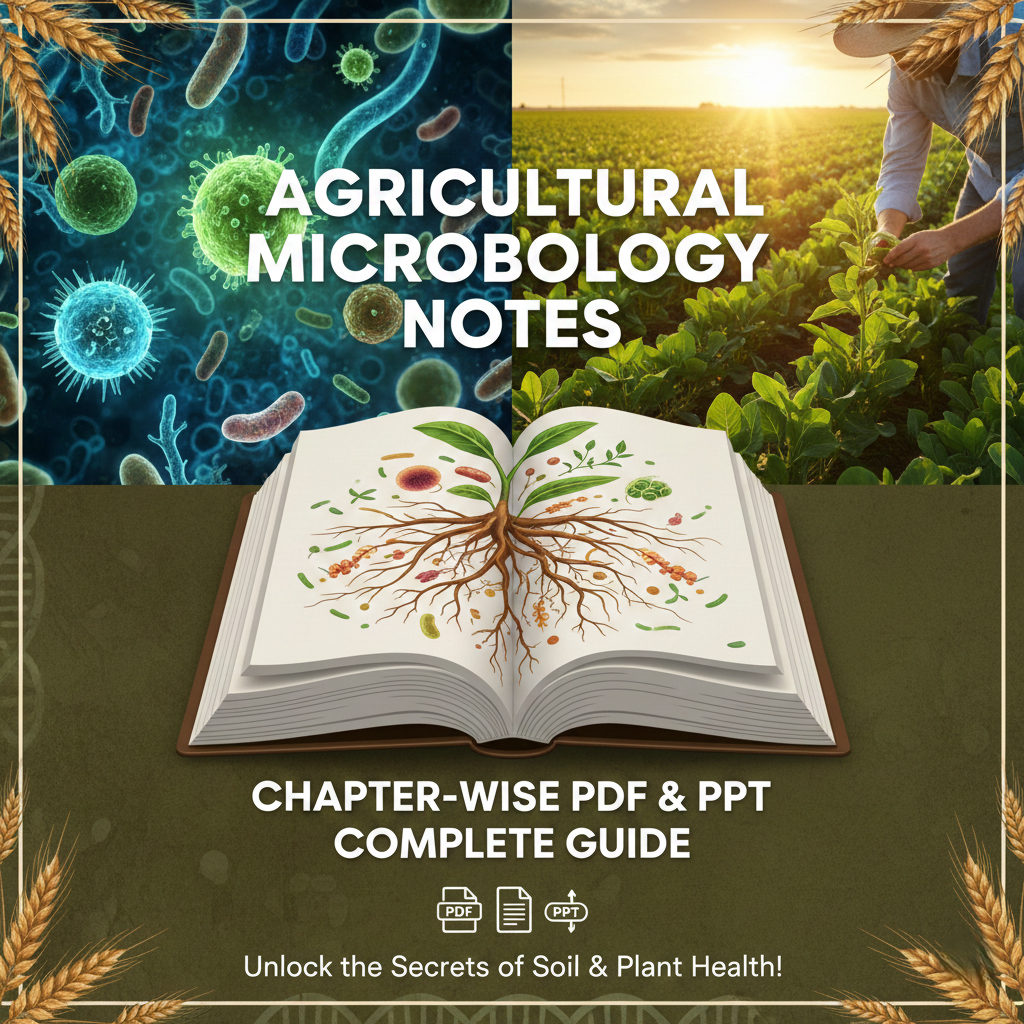
Introduction
•Commonly collad white ants.
•Found abundantly & widely in tropical and sub-tropical regions of the world.
•Make small earthen mounds or earthen passages that are visible above the ground.
•It is social insects and colony organization is based on a caste-system.
Caste System

Identification

Productive castes
1.Colonizing individuals : winged individuals of both sexes and produced in large numbers during the rainy season.

2. Queen : this is the only perfectly developed female in the colony. -Larger size 5.0-7.5 cm in length. -She is a phenomenal “egg laying machine’’, laying 1 egg/second or 70,000-80,000 eggs in 24 hours.


3. King : a king develops from an unfertilized egg. -Kings life is much shorter than that of qeen. -Smaller than the queen.

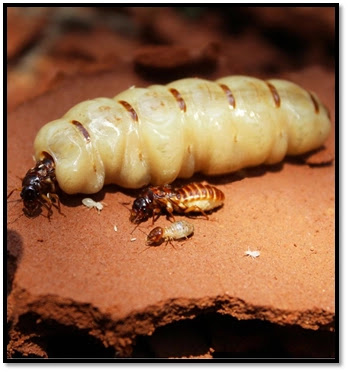
Complementary castes : short-winged or wingless creatures of both sexes and a subterranean life.

Sterile castes
5. Workers : develop from the fertilized eggs but remain stunted as they are reared on ordinary food.
– They also tend and feed the queen, collect food and cultivate a fungus food ambrosia in underground gardens.

6. Soldies : develop from unfertilized eggs and remin comparatively underdeveloped.
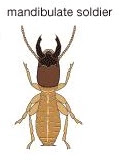

Life Cycle

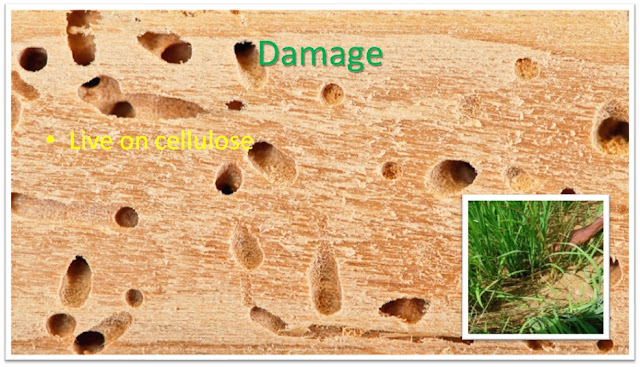
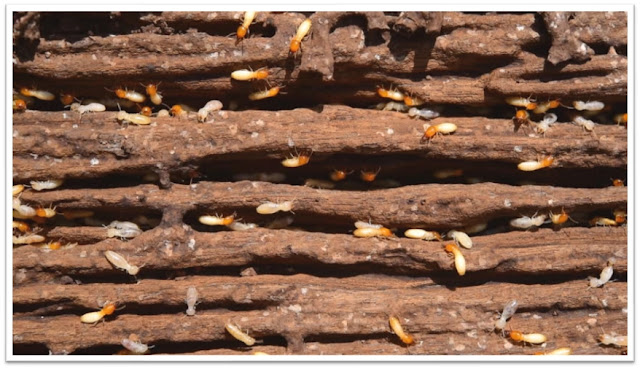

Management
1.Where the pest is of regular occurrence the soil should be mixed with endosulfan 4D or quinolphos 1.5 D or chlorpyriphos 5 D BHC or 10 D @ 35 kg/ha at the time of sowing.
2. if the incidence of pest is noticed in standing crop dilute 2.5 L of endosulphan 35 EC or chlorpyriphos 20EC in 5 L of water and mix it with 50 kg of soil and broabcast even in 1 ha followed by light irrigation.

